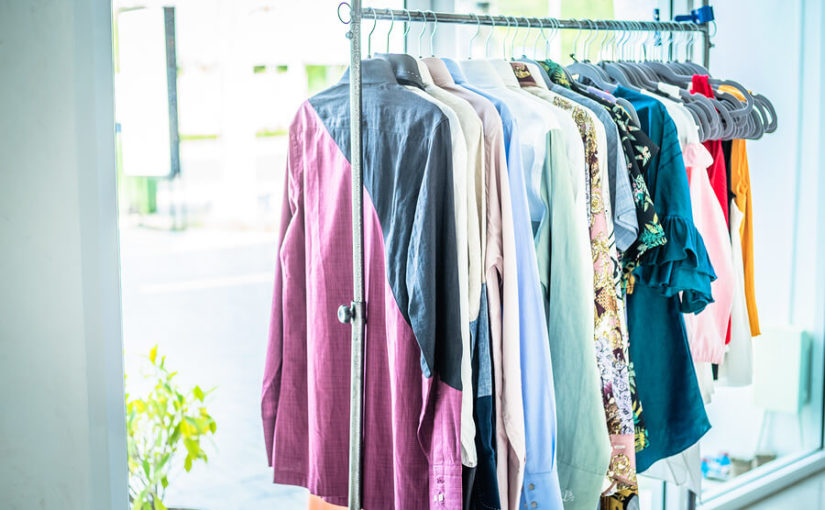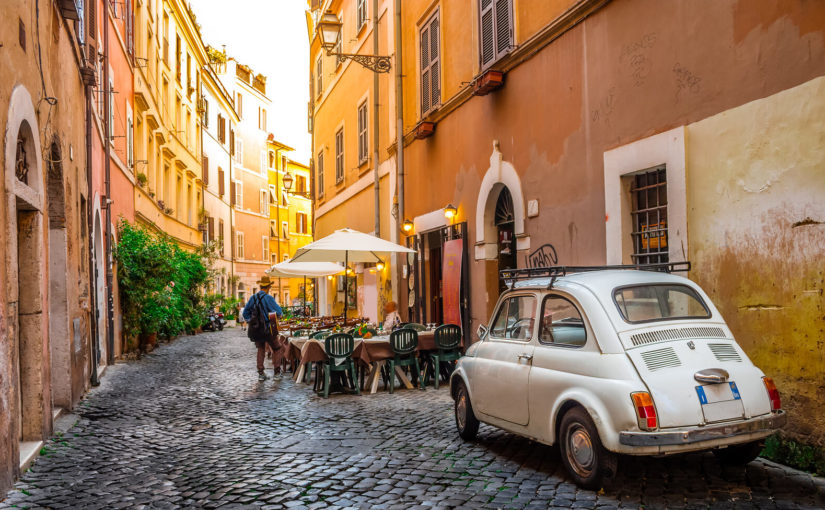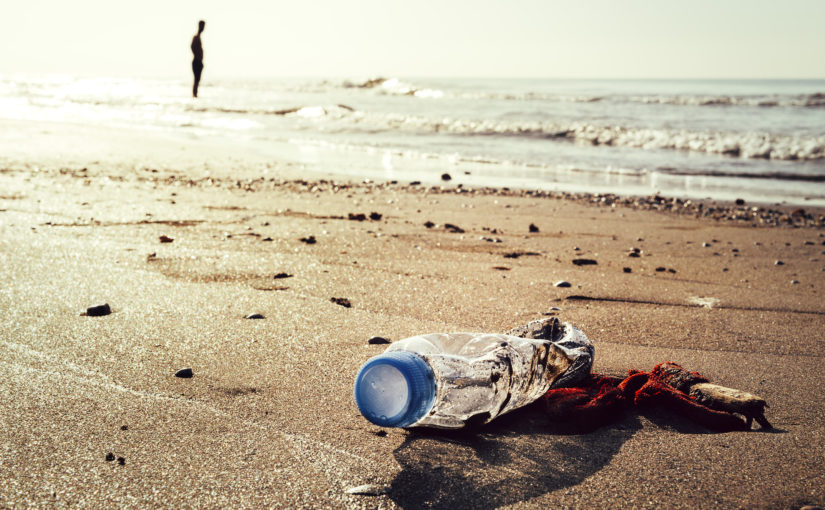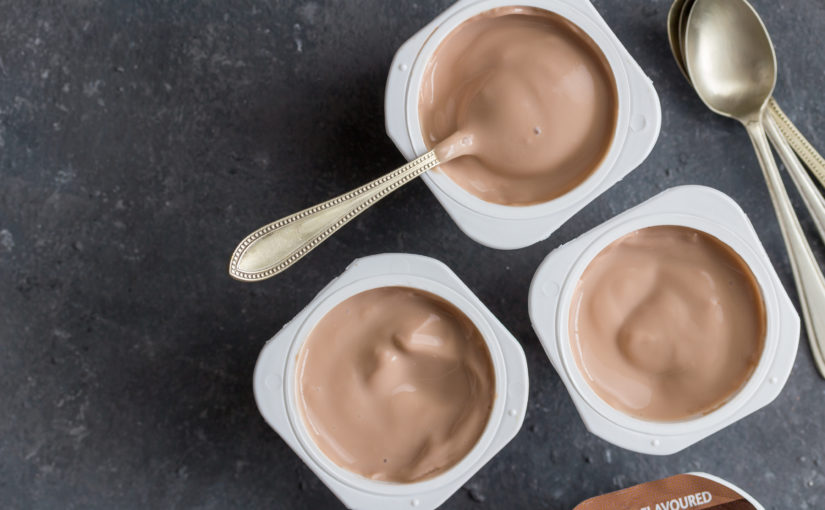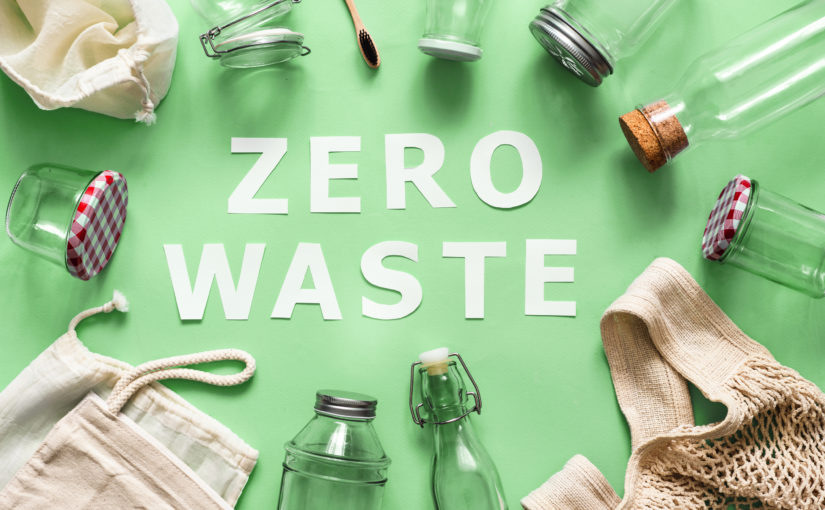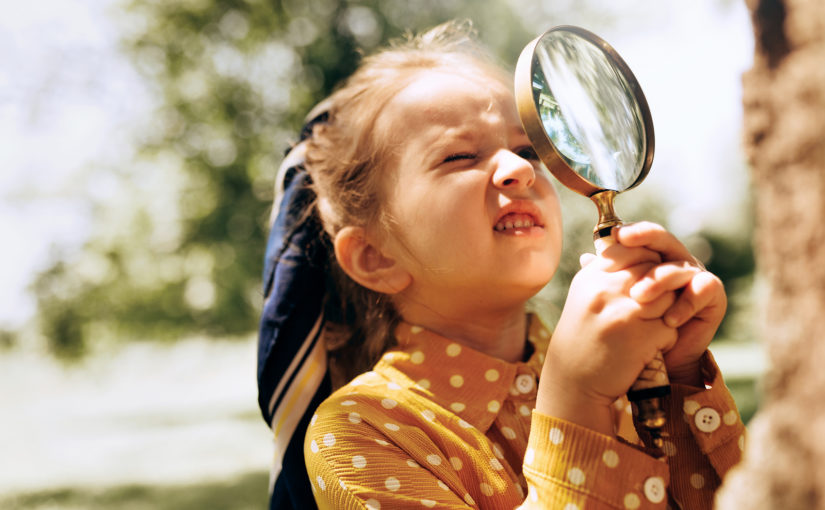As we’ve discussed on the Forge blog before, Christmas is a wasteful time of year where peoples’ usual, eco-conscious behaviour sometimes goes out the window.
I think most of us are guilty of having bought a few last-minute gifts or too much food at this time of year.
However, there are ways to avoid this panic and waste and have a more sustainable Christmas this December.
Continue reading How to enjoy a more sustainable Christmas
